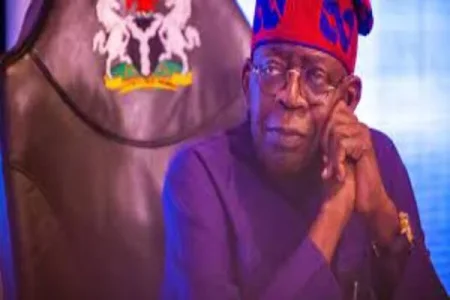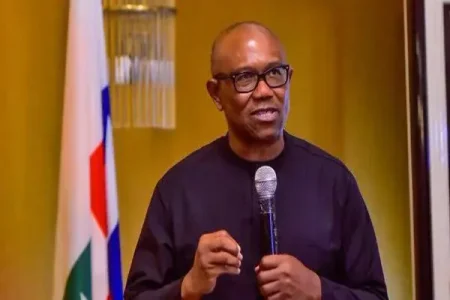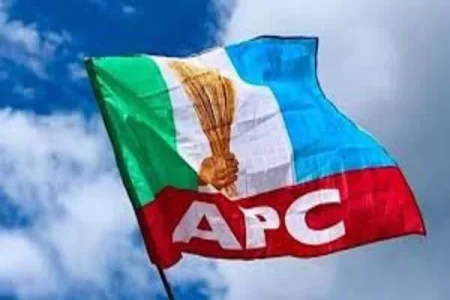
The Federal Government is in active negotiations with the World Bank to secure a substantial loan exceeding $1 billion. This financial injection aims to confront the dire challenges faced by Internally Displaced Persons (IDPs) and rural communities, while also bolstering agricultural marketing and enhancing rural access across the nation.
Outlined in a comprehensive document from the World Bank titled 'Solutions for the Internally Displaced and Host Communities Project' and 'Rural Access and Agricultural Marketing Project – Scale Up,' the proposed loans are intricately detailed. Approximately $500 million is earmarked specifically for addressing the needs of IDPs, while an additional $550 million is allocated for the ambitious rural access and agricultural marketing initiative.
The initiative seeks to offer targeted assistance to communities severely affected by insecurity, particularly in Nigeria's Northern regions. It adopts a multifaceted strategy tailored to the unique circumstances of each affected state and community. This includes addressing a range of factors such as conflict, violence, climate challenges, and specific vulnerabilities faced by different groups within the displaced population.
Furthermore, the plan emphasizes a 'People-in-Place' approach, integrating the needs of individuals with the broader impacts on the communities where they seek refuge. Notably, Northern Nigeria, including areas such as Borno, Adamawa, and Yobe, has witnessed a significant influx of internally displaced persons, primarily due to ongoing conflicts involving groups like Boko Haram, as well as other factors such as banditry and farmer-herder conflicts.
While the government presents these detailed plans for utilizing the loan to address pressing humanitarian and developmental needs, skepticism brews among citizens. Many question the transparency and efficacy of such endeavors, expressing doubts about whether the funds will truly benefit those in need.




